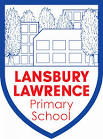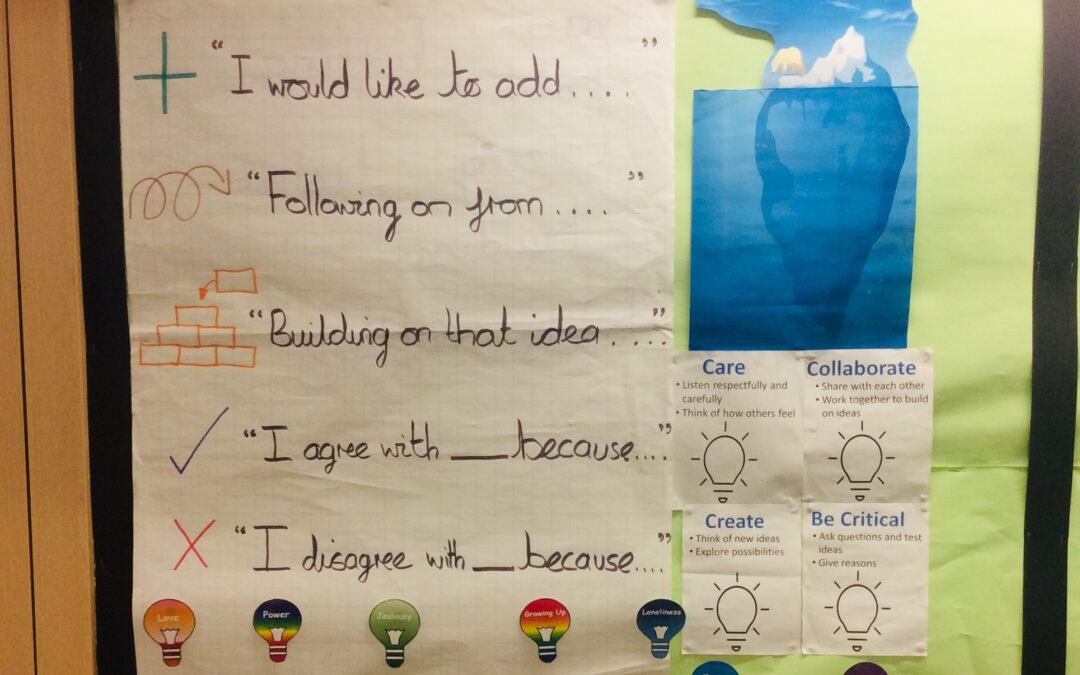The concept that children in Hepworth class chose to discuss in their recent P4C lesson was memory. The lesson started with a lively starter about whether they’d rather be the world’s fastest runner or own the world’s fastest car:
Uzair: I’d rather be the fastest runner because cars have a top speed on the road
Sam: I’d rather be the fastest runner because I can’t drive. If I could drive, I’d still choose to be the fastest runner because cars can crash. I could control my speed
Afreen: I thought maybe the world’s fastest car, but now I think I’d like to be a fast runner too so I didn’t have to use any petrol.
The starter also included a question about whether the children would rather have more time or more money:
Magda: I would rather have more time because, even if I had all the money in the world, there would still be things that I can’t buy.
Musa: I agree. Charity is important.
After sharing what they noticed and other first thoughts about our stimulus, they connected concepts such as growing up, loneliness and family before looking at memory closer. The question they formed was:
Would you let go of all your memories if it meant your future would be amazing?
- It’s not worth forgetting your memories just to have a good future. You’ll probably have a good future anyway by doing the right thing.
- I would rather stick with my memories because you wouldn’t want to forget your friends.
- So would that mean even forgetting your door number and your family?
- It might be okay if you have things to forget. You could focus on all the great things you want to do in the future.
- What if you could choose to only let go of bad memories and still have a great future?
- You might want to remember everything because some things remind you not to do the wrong thing again.
Year three parents – Hepworth Class


